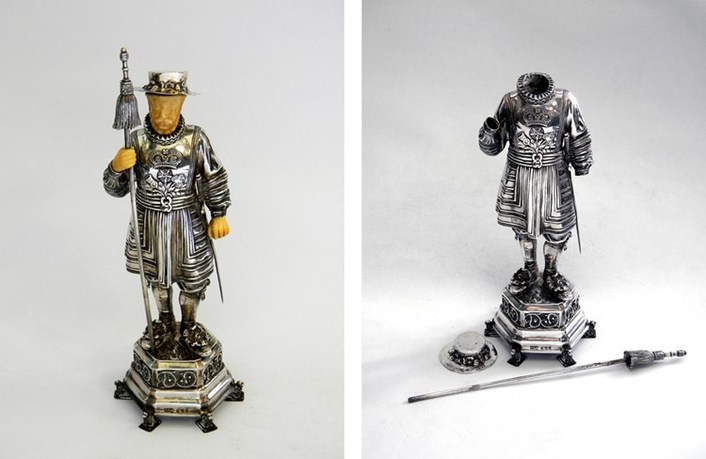2016's hot topic in the antique trade was the status of elephant ivory sales both nationally and internationally.
In June the U.S. implemented tough new laws severely restricting the commercial sale of ivory, requiring the ivory to be worked, (not raw or un-carved) and at least 100 years old or comprising less than 20% of an object.
China, the world's largest importer and seller of ivory will close all their legal ivory carving factories by the end of this year and have stated their intention of banning commercial sales of ivory, however, with no time frame mentioned.
Conservationists and lobbyists in the U.K. have been pressuring the Tory government for a complete ban on all ivory sales. While the Antique trade has been vigorously defending their right to trade in antique ivory, claiming their trade will have negligible impact on illegal poaching and is too restrictive on cultural heritage.
Here in New Zealand it is still legal to trade in ivory, according to the 1975 CITIES convention. In 2014 Trade Me banned the sale of ivory and other endangered species, however, it is still easy to buy and sell ivory through local antique shops and auction houses.
All of this debate has not gone unnoticed in New Zealand parliament, reports and petitions have been reaching the attention of M.P.'s and its only a matter of time before traders either decide to quit dealing in post 1947 ivory or new laws restricting sales, export and import will be introduced.


 RSS Feed
RSS Feed